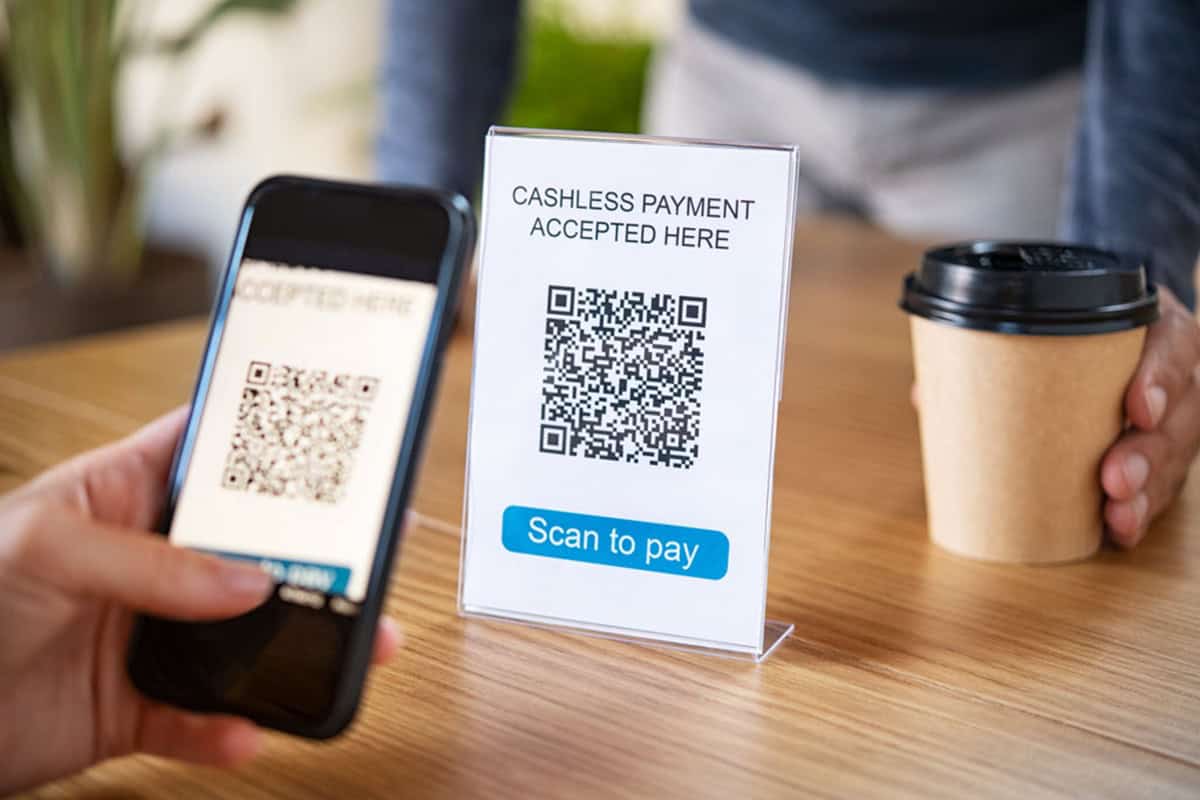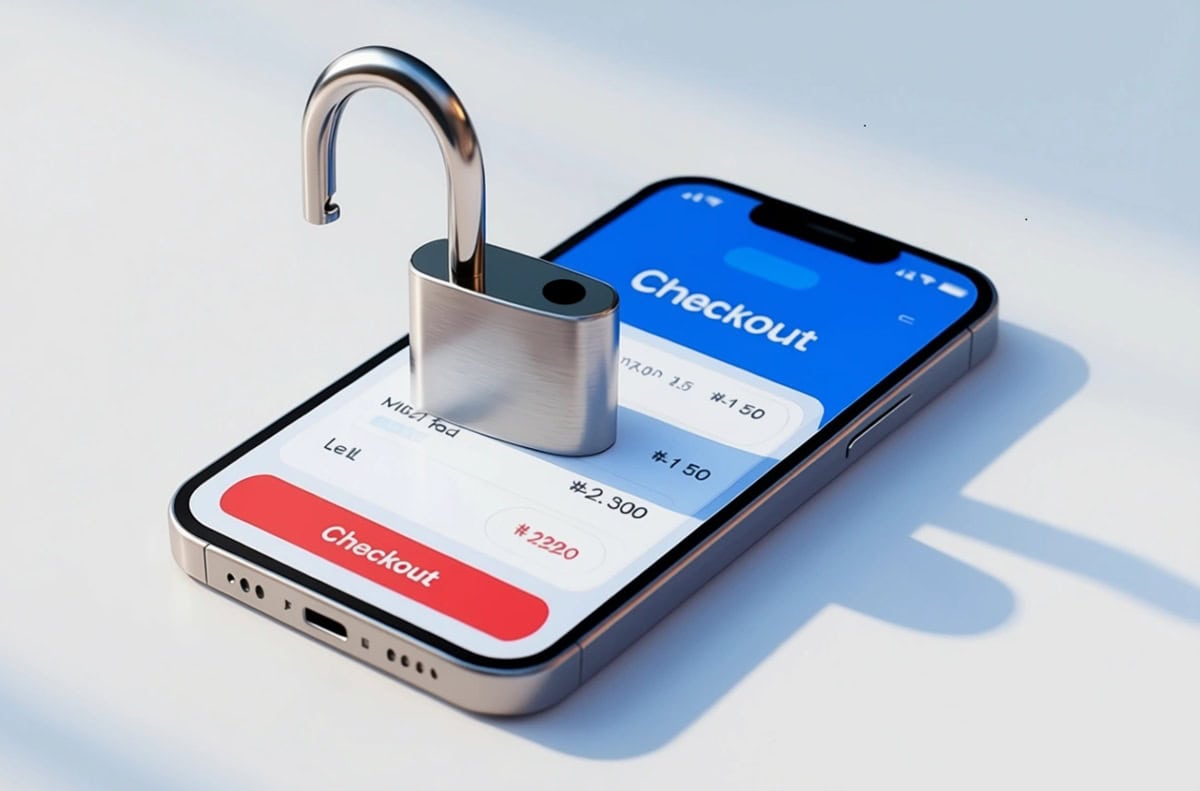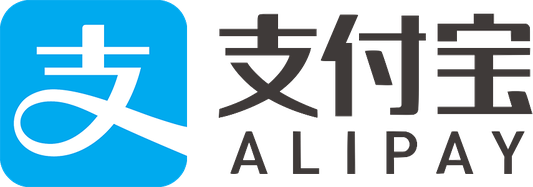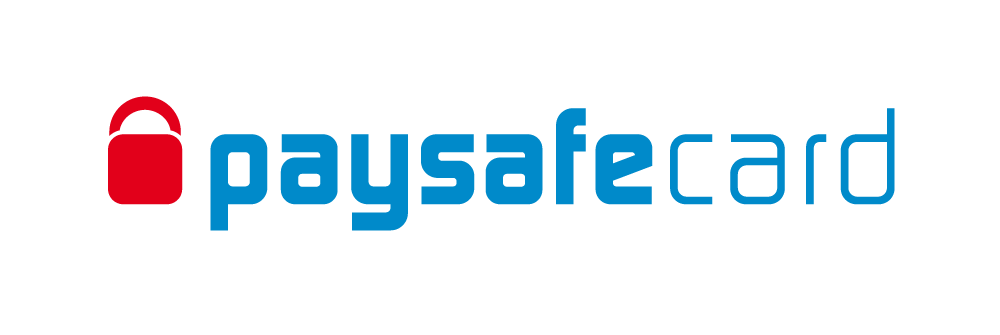Daniel Wellington, founded in 2011, is a Swedish brand known for its minimalist and elegant watches and accessories. In late 2013, they launched their business in both Japan and South Korea. They now have 8 offline stores in Japan, and continue to expand globally.
We spoke with Johan Garpenhag, Payment and Business Central Specialist at Daniel Wellington, about their payment for their online stores and how KOMOJU has helped them to localize both in Japan and South Korea.
Can you tell us about your business and products?
As a contemporary Scandinavian brand, we are driven by a strong passion for quality and precision. Our watches and jewellery pieces are meticulously designed in Stockholm, where each detail is thoughtfully considered. We are committed to finding the highest-quality materials, including crystals, precious stones, stainless steel plating, and quartz movements, ensuring that each piece is more than just a fashion statement—it’s a timeless companion built to last for years to come. We are currently selling in roughly 50 countries, both online and offline.
How long have you been in the Japan and South Korean market?
It’s been over 10 years since we launched in Japan and South Korea. Since then, these two markets have become some of our top-selling regions. We highly value our customers here and want to ensure we exceed their needs and expectations for payment options.
Can you explain the background of integrating with KOMOJU?
In 2023, we made a major change to our online store by switching to Shopify. We wanted a stable and reliable Payment Service Provider (PSP) that could fulfill our needs by providing local payment methods and enabling us to be localized. We found KOMOJU through detailed research and recommendations from our partners.
How was the integration process with KOMOJU?
The integration was smooth since it is a plug-in for our Shopify stores. We received support and guidance from KOMOJU to ensure success. We were able to obtain the necessary details and information before the expected go-live date and tested different behaviors to understand the flow. Overall, the integration with KOMOJU was a positive transition for our Shopify stores.
What payment methods are you using with KOMOJU?
We offer both credit card and local payment methods. With KOMOJU, we have become even more localized than before for both the Japanese and South Korean markets. For the Japanese market, we use Rakuten Pay, PayPay, and Konbini. Credit card payments are the most used, at 61%. 39% of payments came from alternative payment methods such as Konbini payments, PayPay, and Paidy (BNPL).
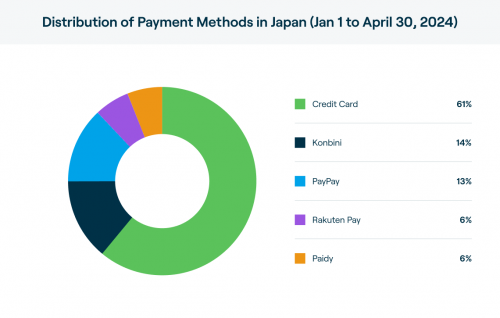
In South Korea, we provide both international credit cards and local cards, Toss, and Payco.
Recently, we went live with NaverPay and are considering enabling Kakao Pay. Surprisingly, nearly half payments are made by non-credit card payments. NaverPay is the second popular payment method with 28% of sales, followed by Toss and Payco.
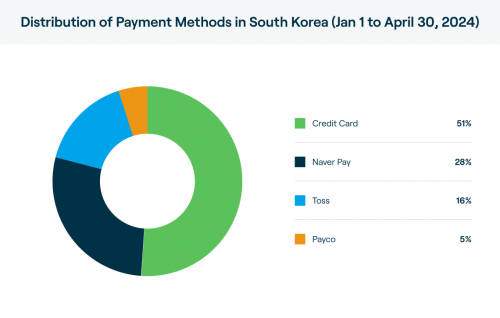
Did local payment methods boost the customer base in Japan and South Korea?
While we can’t draw any such conclusions at this stage, we are convinced of the importance of localization and have therefore made it a priority to integrate payment options that resonate with local consumers.
Could you tell us about your future plans?
Daniel Wellington is on a mission to become the world’s leading accessories brand. To achieve this, we will continue to focus on the strategic expansion of our product portfolio, improve our customer experience online as well as offline, and excite and delight our audience with innovative marketing efforts.

